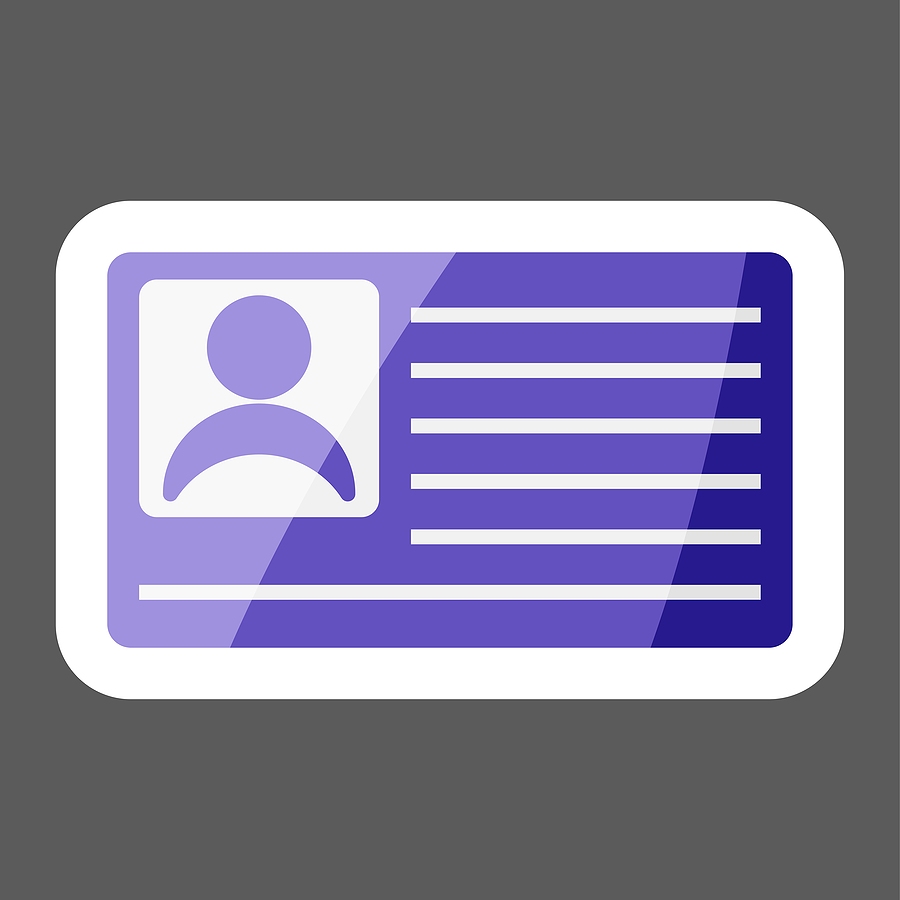Just for fun, I wrote a fictional letter and then ran it through AI to see what changes AI would make. I accepted all the suggested changes. As you’ll see from the second version, the text would be considered more smooth, succinct, and possibly even more correct. However, you may also notice that some of the character’s personality has been altered thanks to AI changing her unique turns of phrase and ways of expressing herself. The sections in bold demonstrate that if you use AI without thought, your sentences may take on a different and incorrect meaning, and may no longer make sense.
To my mind (a phrase AI would undoubtedly delete), this exercise demonstrates that writers using AI should remain cautious, just as we would with any new technology.
MY VERSION
Dear Aunt ZaVera:
I know I thanked you in person and by text but I wanted to mail you this note for your enjoyment. I agree with you that it’s so sad that the art of writing letters is going by the wayside!
Yes, to your surprise the 1999 Yaris made it home to D.C.! Yay! Old Yari has been great, and I’d trade her in as you suggested but I don’t think I’d get over $50 for her. As you know, I can’t buy another car for that!
Speaking of making it home, I can’t tell you enough how much I enjoyed my time with you in the beautiful Blue Ridge Mountains of Virginia! I have never slept on organic cotton sheets. They’re amazing!
Even better is Lindi’s cooking! I’d never tried Consommé or Confit de Canard and I’ll never forget either! The chocolate souffle was, as they say, “to die for.” Speaking of desserts, I think she should sell her pecan pies, but then that would take too much time from her preparing meals for you. You’ll never know how much your hospitality means to me.
What means even more is that you wanted me to have Grandmama’s Tiffany diamond brooch and her Royal Limoges soup tureen. Both are beautiful beyond description and though I am not yet sure of the occasions when I will use either, I’ll treasure them always.
I really enjoyed meeting I Can’t Believe I Ate the Whole Thing. Such a beautiful horse! I know you’ll be thrilled to see him race often. I hope you can convince Mr. Granger to sell you Nobody Takes Me Seriously Anyway, as I agree with you that Thing needs a companion. And as you said, if they live together, it will be a Serious Thing. Too funny!
Speaking of the animal kingdom, you’ll be happy to learn that I finally caught ol’ Scamper! Last night I came back from the dollar store to discover him in the trap, struggling to die. I waited as long as my heart would let me before finally hitting him in the head with the hammer out of the pink Ladies Home Tool Kit that Daddy gave me. Poor thing! He couldn’t help that he was a rat. Well, unless you believe in reincarnation. And I don’t! I took your advice and called the apartment manager again about my “pet” problem but I doubt he shows up too soon. I wish I could take your excellent advice about getting a cat. I wish cats were allowed here. We sure need them!
Well, the water is boiling for my spaghetti so I’d better close for now. Thank you so much again for the beautiful heirlooms! I hope we can see each other again soon. I’d be happy to host you here if you’d like to see D.C. The least I can do is sleep on the couch while you take the bed. Or if you want to make reservations for yourself at The Waldorf Astoria, I’d still be thrilled to show you around the city.
Sending big hugs and much love until next time, Auntie!
Zasu
AI’S VERSION
Dear Aunt ZaVera:
I know I thanked you in person and by text, but I am writing this note to express my appreciation. I agree that it’s so sad that the art of writing letters is going by the wayside!
To your surprise, the 1999 Yaris made it home to D.C.! Yay! Old Yari has been great, and I’d trade her in as you suggested, but I don’t think I’d get over $50 for her. As you know, I can’t buy another car for that!
Speaking of making it home, I can’t tell you enough how much I enjoyed my time with you in the beautiful Blue Ridge Mountains of Virginia! I have never slept on organic cotton sheets. They’re amazing!
Even better is Lindi’s cooking! I’d never tried Consommé or Confit de Canard, and I’ll never forget either! The chocolate souffle was, as they say, “to die for.” Speaking of desserts, I think she should sell her pecan pies, but that would take too much time for her to prepare meals for you. You’ll never know how much your hospitality means to me.
What means, even more, is that you wanted me to have Grandmama’s Tiffany diamond brooch and her Royal Limoges soup tureen. Both are beautiful beyond description and though I am not sure of the occasions I will use either, I will always treasure them.
I really enjoyed meeting you. I Can’t Believe I Ate the Whole Thing. Such a beautiful horse! I know you’ll be thrilled to see him race often. I hope you can convince Mr. Granger to sell you. Nobody Takes Me Seriously Anyway, I agree that Thing needs a companion. And as you said, if they live together, it will be a Serious Thing. Too funny!
Speaking of the animal kingdom, you’ll be happy to learn I finally caught ol’ Scamper! Last night, I came back from the dollar store to discover him in the trap, struggling to die. I waited as long as my heart would let me before finally hitting him in the head with the hammer out of the pink Ladies Home Tool Kit that Daddy gave me. Poor Thing! He couldn’t help but think that he was a rat. Well, unless you believe in reincarnation. And I don’t! I took your advice and called the apartment manager again about my “pet” problem, but I doubt he will show up too soon. I wish I could take your excellent advice about getting a cat. I want to be allowed here. We sure need them!
The water is boiling for my spaghetti, so I’d better close for now. Again, thank you so much for the beautiful heirlooms! I hope we can see each other again soon. I’d be happy to host you here if you’d like to visit D.C. The least I can do is sleep on the couch while you take the bed. Or, if you want to make reservations for yourself at The Waldorf Astoria, I’d still be thrilled to show you around the city.
Sending big hugs and much love until next time, Auntie!
Zasu











